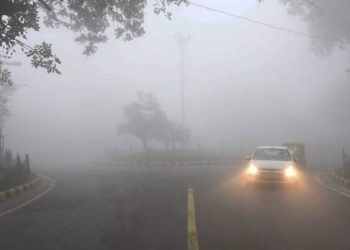The Odisha government has unveiled its Electric Vehicle (EV) Policy 2025, offering financial incentives of up to Rs 20 lakh across multiple vehicle categories.
The policy will remain in effect until December 31, 2030 and aims to accelerate electric mobility adoption, create employment opportunities, and align Odisha with India’s decarbonisation roadmap.
Key Goals
-
50% EV adoption in all new vehicle registrations by 2030.
-
Expansion beyond two- and three-wheelers to include buses, trucks, and goods carriers.
-
Build on the EV Policy 2021, which targeted 20% EV penetration by 2025 but achieved only around 9%.
Incentives Across Vehicle Categories
-
E-rickshaws & E-carts: Flat subsidy of Rs 20,000 per vehicle.
-
Three-wheelers (L5M/L5N categories): Incentives of Rs 30,000.
-
Non-transport four-wheelers: Rs 10,000 per kWh, capped at Rs 1.5 lakh.
-
Transport vehicles (cars): Flat incentive of Rs 2 lakh.
-
Goods carriers: Up to Rs 1.5 lakh for vehicles under 3.5 tons.
-
Electric buses: 15% of ex-showroom price, capped at Rs 20 lakh (up to 1,500 units).
-
Trucks: Subsidies from Rs 5 lakh to Rs 20 lakh based on vehicle weight.
-
Retrofitted 2- & 3-wheelers: Reimbursement of 25–30% of conversion cost until 2030.
Eligibility & Restrictions
-
Incentives available only to permanent residents of Odisha.
-
Each beneficiary can claim benefits once per vehicle category.
-
Ownership transfer of subsidised vehicles restricted for five years.
-
Vehicles must meet efficiency standards set by the Transport Department and use advanced battery technologies (e.g., lithium-ion).
Institutional Framework
-
A State-Level Task Force, headed by the Chief Secretary, will monitor policy implementation.
-
Government departments must switch to EVs within 12 months of notification.
-
Schools will transition student buses to EVs, while government ambulances and police vehicles will also be replaced by electric models.
-
Tourist sites, parks, and boating facilities will be required to adopt EVs or solar-hybrid alternatives.
Public Participation
Stakeholders and citizens can submit feedback on the policy within 30 days via email, post, or in person.





























